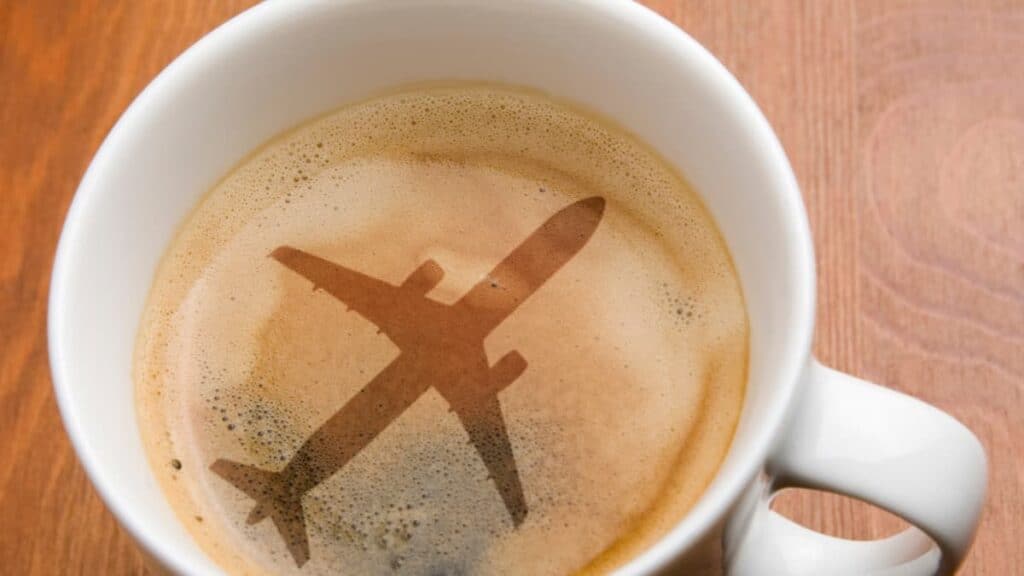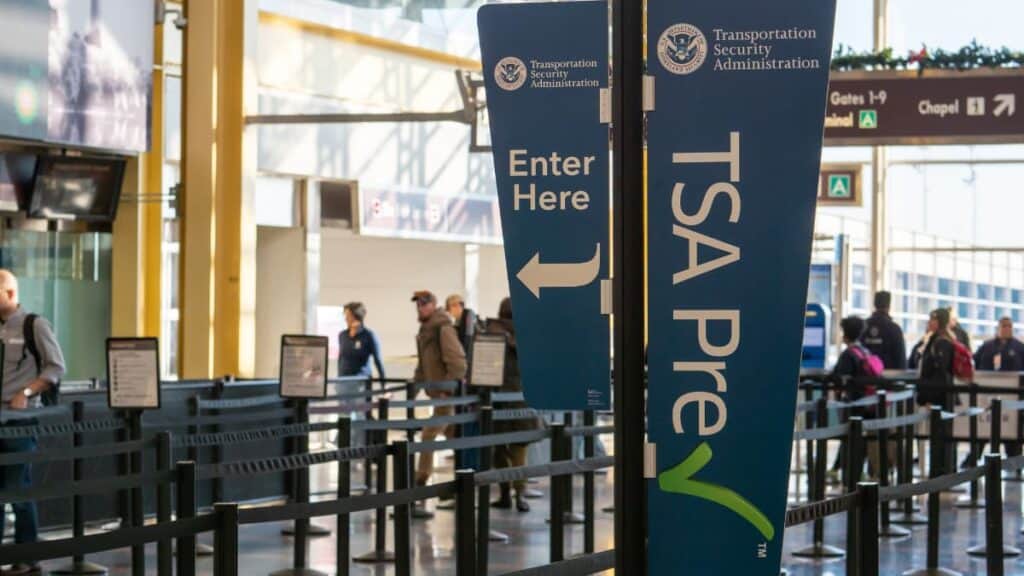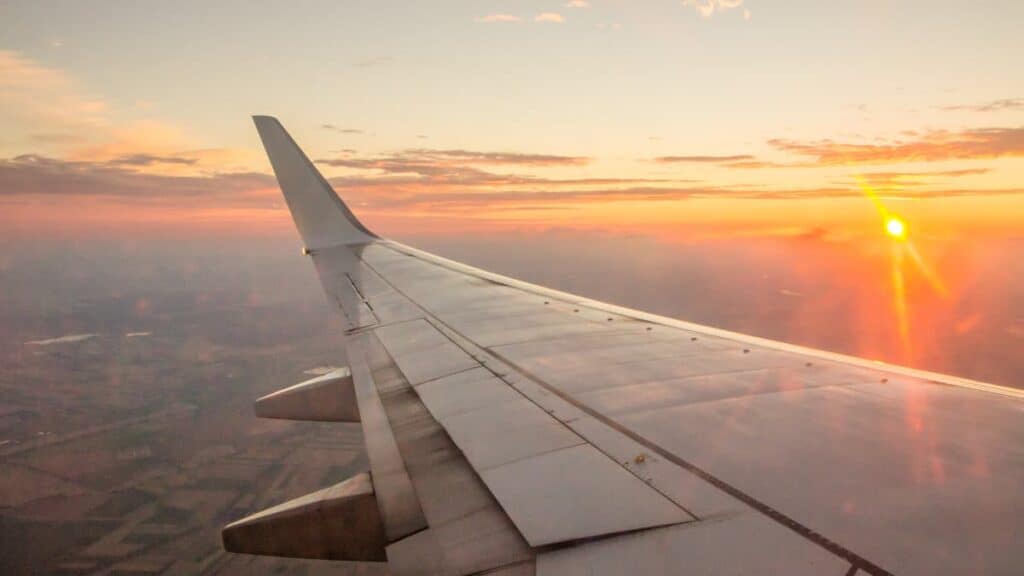Can You Bring Coffee Beans on a Plane?
Say you’re on vacation in Indonesia, and you’ve just picked up a bag of their famous Java beans. Rather than risk having your precious beans confiscated, ask yourself a few questions.
Can you take coffee beans on the plane with you? Are there any rules or restrictions?
In this article, I’ll explain the nitty gritty of traveling with coffee beans. Including the fine print of regulations for domestic versus international travel. I’ll also explain allowances for checked versus carry-on luggage. Prepare for take-off.

Key Takeaways: Flying With Coffee
- You can bring an unlimited quantity of roasted coffee beans into the United States.
- Rules vary from country to country, so check your destination’s specific entry regulations.
- As with any other plant or animal product, you must declare your coffee at customs.
TSA Coffee Rules
The Transportation Security Administration determines what passengers can and can’t bring on planes.
Good news! According to the TSA, you can bring ground and whole-bean coffee on domestic flights. This allowance applies to both checked and carry-on baggage.
The TSA encourages travelers to organize their bags for close inspection.
If you’re traveling with coffee products, store them in an easy-to-reach location. That way, you’ll have them handy if an agent wants to conduct more inspections.
The TSA allows passengers to travel with both whole-bean and ground coffee. But the TSA officer inspecting your luggage has the final say. So there is always a chance that the coffee won’t make it through.
To improve your chances, label the coffee and keep it in an easy-to-access part of your luggage.

Can You Bring Coffee On International Flights?
If you’re flying internationally, transporting coffee is a little trickier.
Many countries restrict the entry of agricultural products like seeds and plants. These rules help prevent foreign pests and diseases from harming the native ecosystem.
Regulations vary from country to country. I recommend checking your destination’s guidelines before loading your bags with premium coffee beans. It might be a pain, but it’s a small step to ensure you don’t lose your coffee at customs.
Whatever the case, be sure you declare the coffee at customs. Even if they seize the coffee, declaring these goods can help you avoid costly penalties.
Can You Bring Coffee Back Into the US?
The U.S. has strict rules against bringing in fresh produce and animal products. Fortunately, coffee is generally allowed as long as you declare it upon arrival.
This allowance can vary depending on the kind of coffee product you’re traveling with and where in the U.S. you’re going.
TSA sets the rules for departures. When it comes to international arrivals, you also need to listen to the United States Department of Agriculture.
The USDA allows you to bring an unlimited quantity of roasted coffee beans through any U.S. port of entry. Both whole beans and ground coffee are allowed.
You can store them in your carry-on or checked bags. But, as with any agricultural product, you must declare coffee products at customs.

The rules are similar for travelers looking to bring green coffee beans into the U.S.
You can bring unlimited quantities of green (unroasted) coffee beans through any U.S. port of entry. But this allowance applies only to the continental U.S. (So Hawaii and Puerto Rico are excluded.)
As with roasted beans, you must declare your green beans at entry.
The USDA prohibits whole coffee berries as the pulp presents an exotic fruit fly risk. They also prohibit you from bringing in rare or endangered coffee plants. But you can bring coffee seeds (for planting) and coffee plants into the continental U.S.
Again, these items are not allowed entry into Hawaii and Puerto Rico.
Wrapping Up: Taking Coffee on a Plane
When you’re flying domestically, it is generally OK to pack coffee beans in your baggage. You probably won’t face any challenges, particularly if you label your coffee. But remember, the final decision rests with the TSA officer inspecting your bags.
Flying internationally is a different matter. Countries often prohibit the entry of plant and animal products. (These regulations help protect the integrity of natural ecosystems.) Be sure to check specific guidelines as these rules change from country to country.
The U.S. allows an unlimited quantity of roasted coffee beans to pass through any port of entry in your baggage. But you must declare these goods at customs upon arrival. It’s the same with green coffee beans, except that you can’t bring them into Hawaii or Puerto Rico.
The USDA prohibits coffee cherries as they can host harmful fruit flies.

